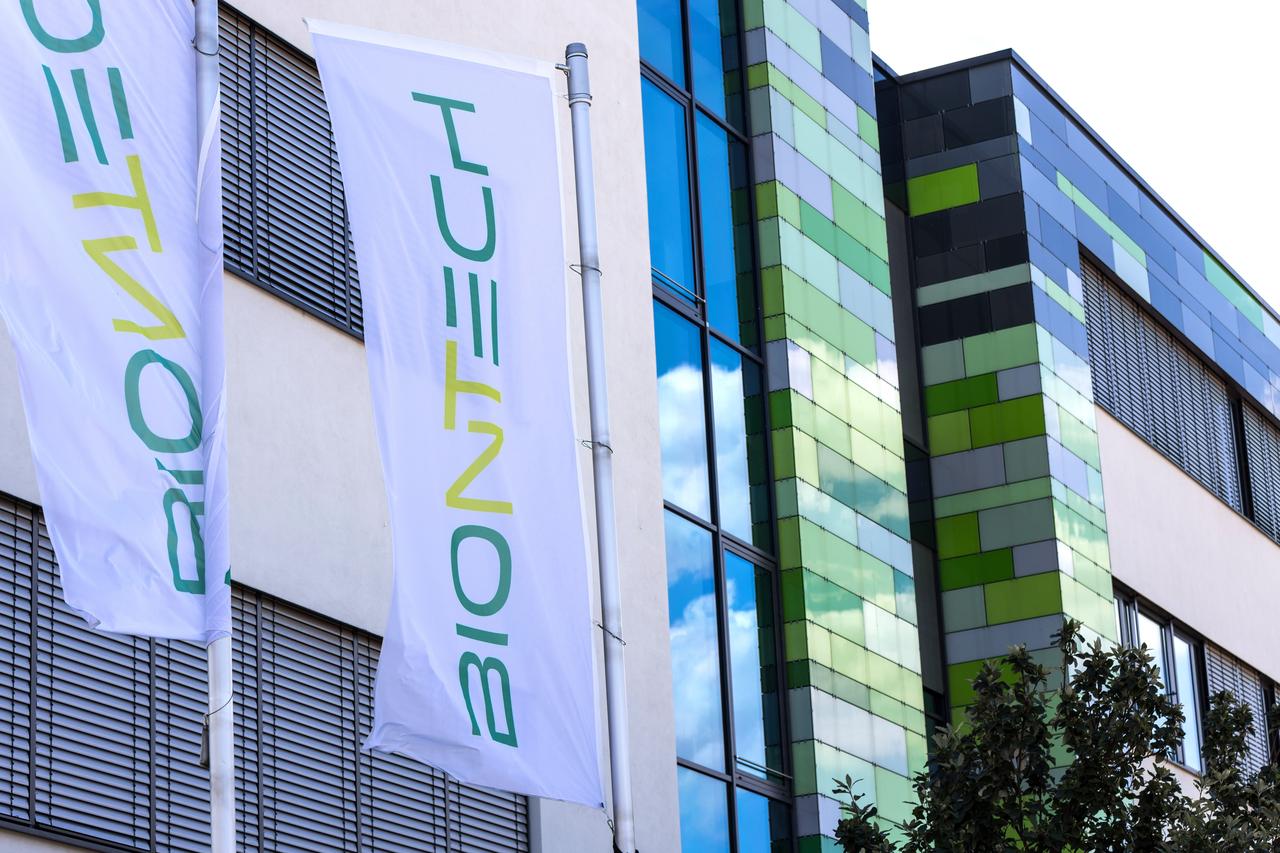
Germany’s BioNTech agreed to acquire its domestic rival CureVac in an all-stock transaction valued at $1.25 billion, the companies announced Thursday.
The move brings together two key players in the field of messenger RNA (mRNA) technology, aiming to accelerate the development of innovative treatments for cancer.
BioNTech, best known for developing the first COVID-19 vaccine approved in the West in partnership with U.S. pharmaceutical company Pfizer, said the acquisition would merge the companies’ complementary capabilities and unlock synergies in technology platforms and manufacturing.
The transaction is expected to close in 2025, pending regulatory clearance and other customary conditions.
Ugur Sahin, CEO of BioNTech, said the merger marks a key milestone in the company’s oncology strategy and is "an investment in the future of cancer medicine."
He stated that the deal would help establish new standards of care for different types of cancer in the coming years.
CureVac CEO Alexander Zehnder emphasized that combining the scientific, technological, and manufacturing expertise of both firms would consolidate their strengths "under one roof," furthering innovation in the mRNA field.

Both BioNTech and CureVac had worked to develop mRNA-based COVID-19 vaccines. While BioNTech’s Comirnaty vaccine received approval and was widely distributed globally, CureVac discontinued its vaccine program in 2021 following unsatisfactory clinical trial results. In 2022, CureVac filed a lawsuit against BioNTech, alleging patent infringement related to mRNA technology.
CureVac, based in Tuebingen and founded by mRNA pioneer Ingmar Hoerr, has been operating for 25 years. BioNTech, headquartered in Mainz, will now integrate CureVac’s expertise into its broader research portfolio.

The merger of both companies signals an intensified focus on applying mRNA technology beyond infectious diseases, particularly in the rapidly evolving field of cancer immunotherapy.
This approach seeks to harness the human body’s own immune system to identify and attack cancer cells using genetically encoded instructions.
The companies framed the deal as a step toward redefining cancer care and broadening the potential of mRNA-based medicine.